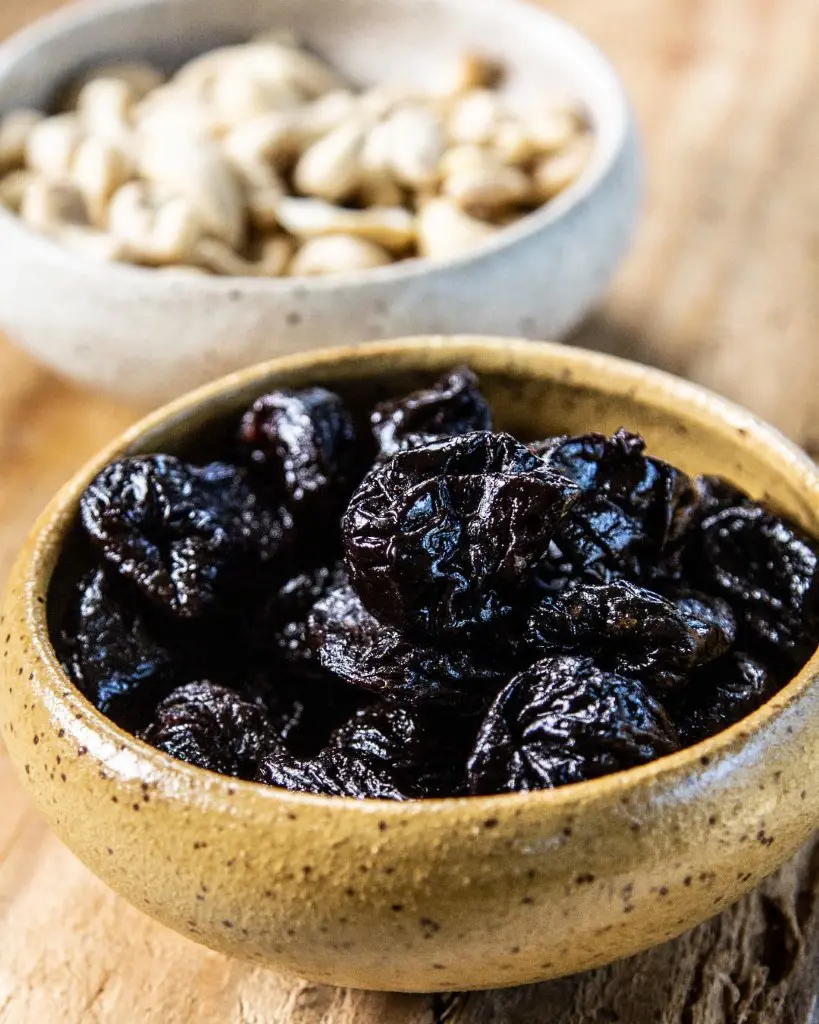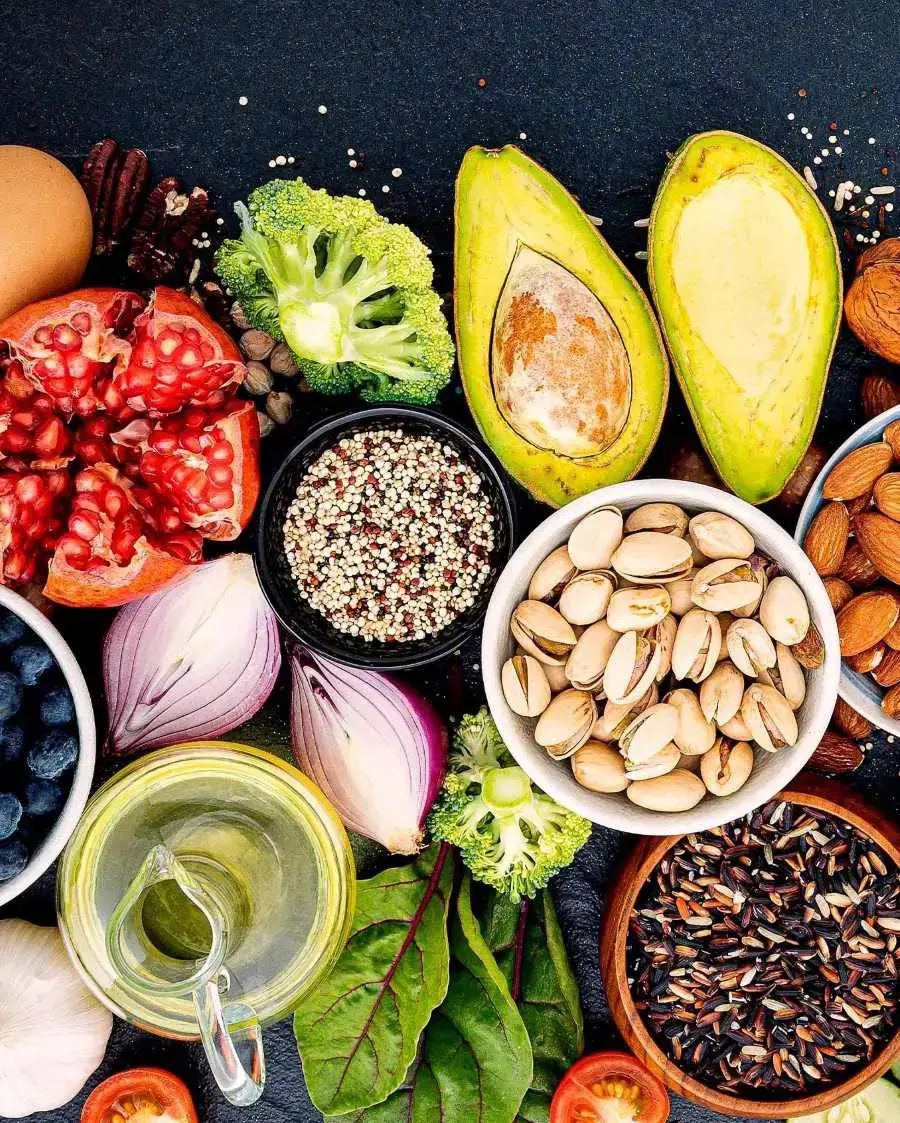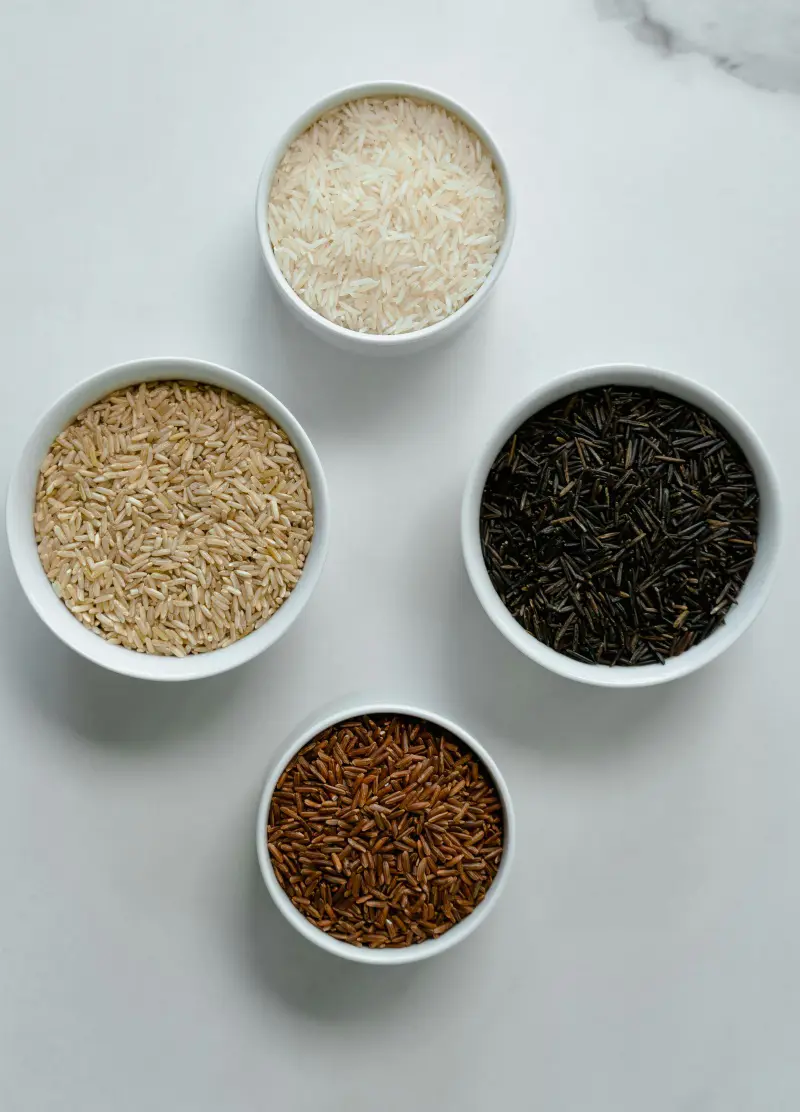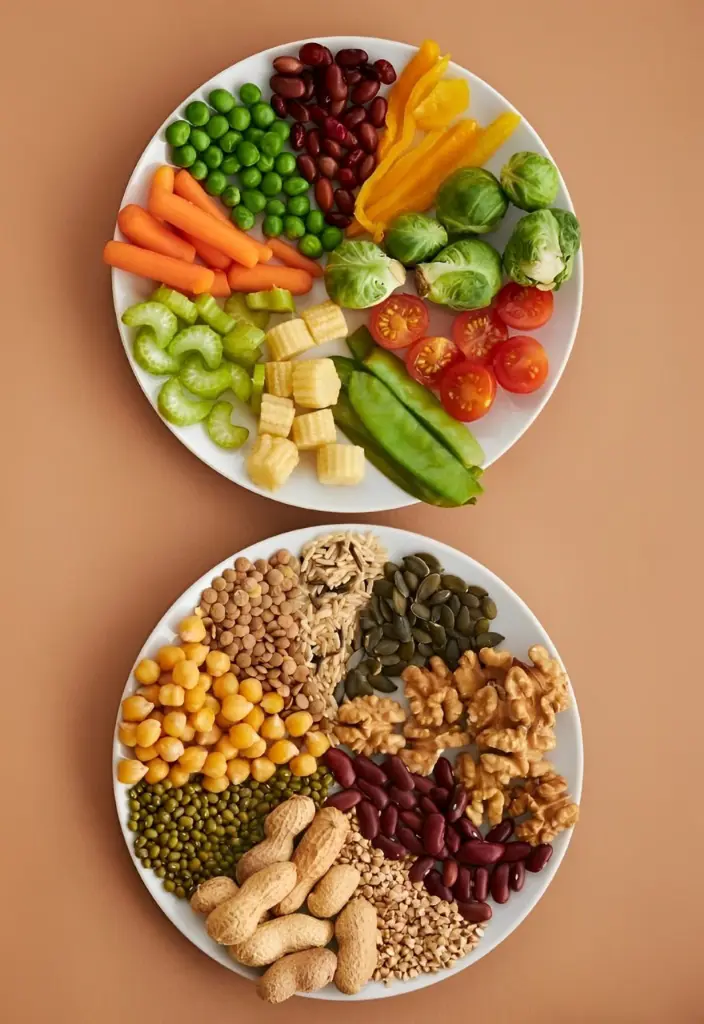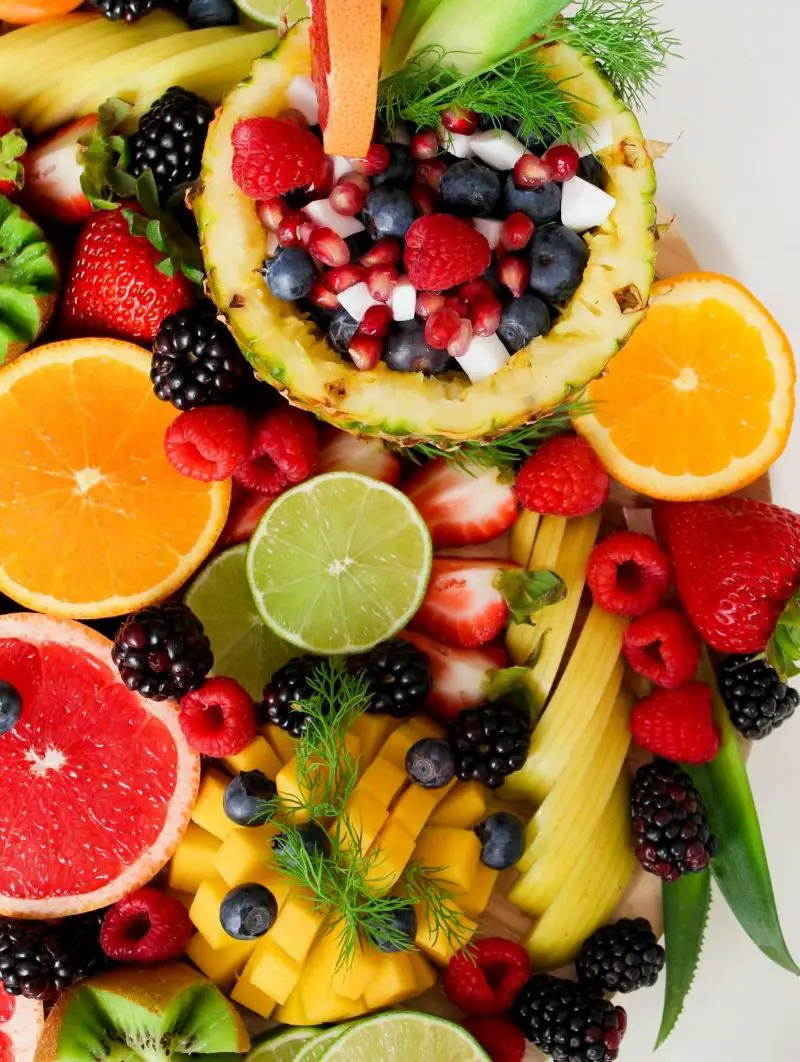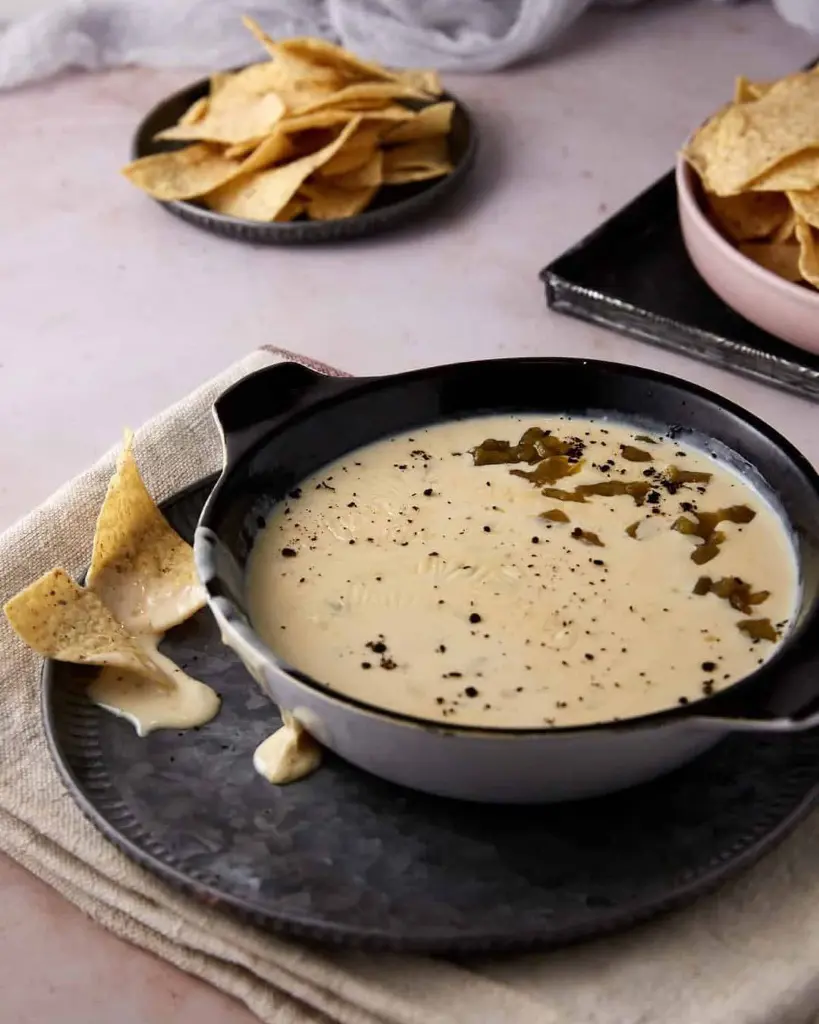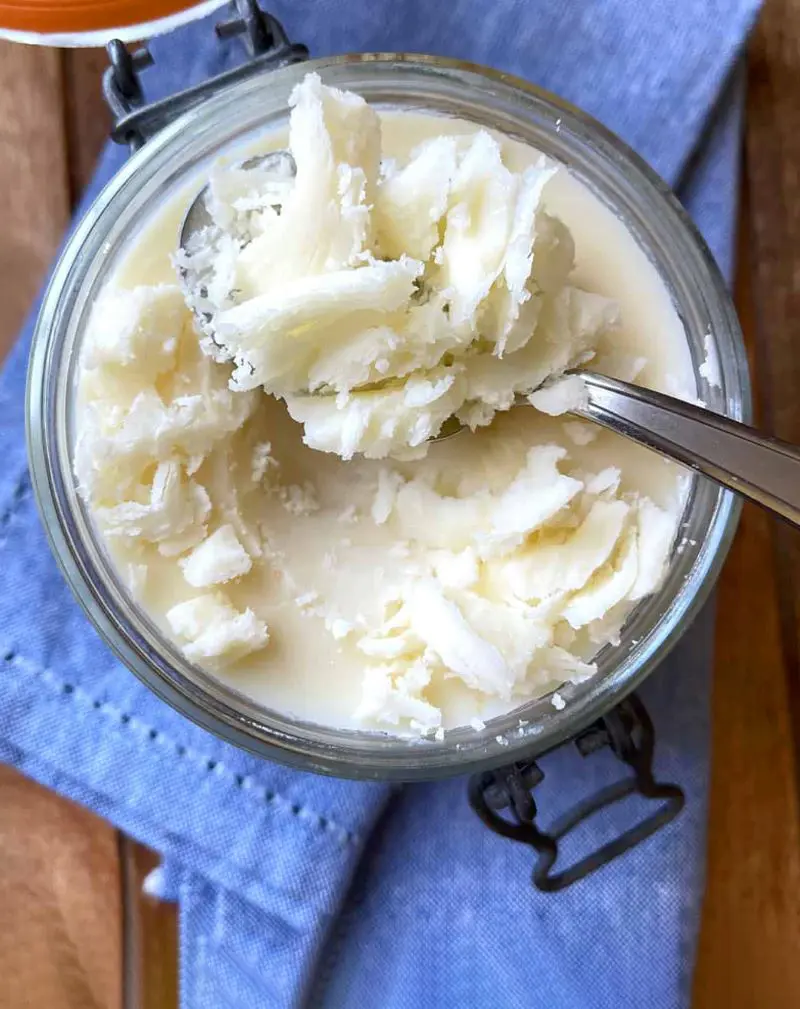Maple Syrup Calories and 15 Health Benefits
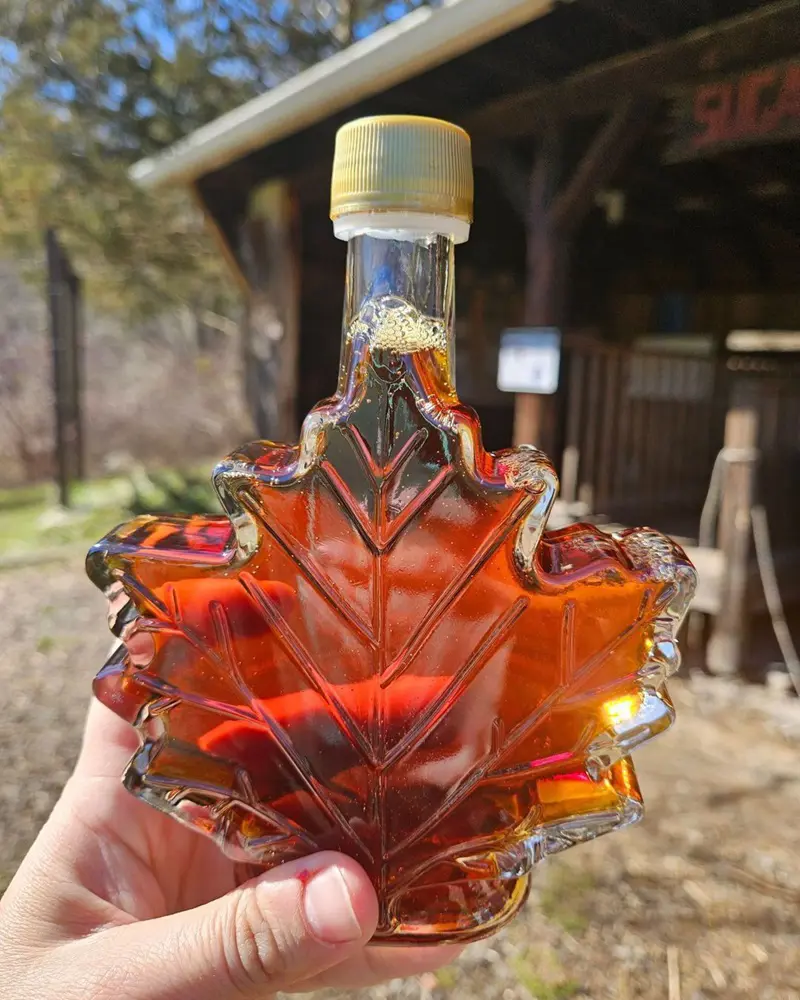
Maple syrup is a popular natural sweetener made from the sap of sugar maple trees. Its rich, golden hue and distinct flavor make it a favorite for pancakes, waffles, and a variety of culinary delights.
Beyond its delicious taste, maple syrup offers a range of health benefits, making it more than just a sugary treat. Its rich nutritional profile, including antioxidants, vitamins, and minerals, contributes to its various health-promoting properties.
This article explores the caloric content of maple syrup and navigates through 15 health benefits that might make you appreciate this natural sweetener even more.
Calories And Nutrient Facts
Maple syrup is more than just a sweetener; it contains a variety of nutrients that contribute to its health benefits. Here's a breakdown of the nutritional content in a 100-gram serving of maple syrup:
- Calories: 260
- Carbohydrates: 67.1 grams
- Sugars: 60.5 grams
- Fat: 0.1 grams
- Protein: 0.1 grams
- Calcium: 102 mg (10% DV)
- Potassium: 212 mg (6% DV)
- Iron: 0.11 mg (1% DV)
- Zinc: 1.47 mg (10% DV)
- Manganese: 3.29 mg (164% DV)
- Riboflavin (Vitamin B2): 0.258 mg (20% DV)
- Magnesium: 21 mg (5% DV)
These nutrients, especially the high content of manganese and riboflavin, play crucial roles in various bodily functions and contribute to the overall health benefits of maple syrup.
Health Benefits of Maple Syrup
1. Rich in Antioxidants
Maple syrup contains a variety of antioxidants that help neutralize free radicals and reduce oxidative stress. These antioxidants include phenolic compounds such as quebecol, which is unique to maple syrup.
The antioxidant activity in maple syrup is comparable to that of fruits and vegetables, making it a beneficial addition to a balanced diet.
2. Anti-Inflammatory Properties
Some studies suggest that the antioxidants in maple syrup, particularly the polyphenols, have anti-inflammatory effects.
Chronic inflammation is linked to various health conditions such as arthritis, inflammatory bowel disease, and cardiovascular diseases. Incorporating maple syrup in moderation may help mitigate inflammation.
3. Supports Heart Health
The manganese and zinc content in maple syrup contributes to heart health. Manganese plays a role in the metabolism of carbohydrates and cholesterol, while zinc is essential for maintaining healthy blood vessels and reducing the risk of atherosclerosis (hardening of the arteries).
Additionally, the antioxidants in maple syrup help protect the cardiovascular system.
4. Helps Manage Blood Sugar Levels

While maple syrup is high in sugar, it has a lower glycemic index (GI) compared to refined sugar. The glycemic index of maple syrup is about 54, whereas table sugar has a GI of around 65.
This means that maple syrup causes a slower rise in blood sugar levels, which can be beneficial for individuals with insulin sensitivity or diabetes. However, moderation is key.
5. Nutrient-rich sweetener
Maple syrup provides essential minerals such as calcium, potassium, iron, zinc, and manganese, which are often lacking in refined sweeteners like white sugar.
These minerals play crucial roles in various bodily functions, including bone health, immune function, and energy production.
6. Boosts Immune System
Zinc and manganese are critical for immune function. Zinc helps maintain the integrity of the immune system, supports wound healing, and has antiviral properties.
Manganese, on the other hand, has antioxidant properties that protect immune cells from damage. Regular consumption of maple syrup can contribute to maintaining a robust immune system.
7. Supports Reproductive Health
Zinc is essential for reproductive health in both men and women. It plays a role in hormone production, ovulation, and sperm health. Including zinc-rich foods like maple syrup in your diet can support overall reproductive health and fertility.
8. Promotes Bone Health
Maple syrup contains calcium and manganese, both of which are vital for bone health. Calcium is the primary mineral found in bones, and adequate intake is necessary to prevent bone-related disorders such as osteoporosis.
Manganese contributes to bone formation and the metabolism of bone tissue.
9. Improves Skin Health

The antioxidants in maple syrup can help protect the skin from damage caused by free radicals, which can lead to premature aging.
Additionally, the natural sugars in maple syrup can be used in homemade skincare products as a gentle exfoliant, helping to remove dead skin cells and promote a healthy complexion.
10. Supports Digestive Health
Maple syrup contains small amounts of prebiotic fibers that support gut health by promoting the growth of beneficial bacteria in the digestive tract. A healthy gut microbiome is essential for overall digestion, nutrient absorption, and immune function.
11. Provides Sustainable Energy
The carbohydrates in maple syrup are primarily natural sugars, which provide a quick source of energy. This makes maple syrup an excellent choice for athletes or individuals needing a quick energy boost.
The combination of sugars and minerals can help replenish glycogen stores and maintain electrolyte balance.
12. May Help Manage Weight
While high in sugar and calories, the lower glycemic index of maple syrup compared to other sweeteners can help manage cravings and reduce overeating.
When used in moderation as part of a balanced diet, maple syrup can satisfy sweet cravings without causing rapid spikes in blood sugar levels.
13. Enhances Flavor and Versatility
Maple syrup's rich, unique flavor enhances the taste of various dishes, from breakfast foods like pancakes and oatmeal to savory dishes like roasted vegetables and marinades. Using maple syrup as a sweetener can add complexity and depth to recipes, encouraging healthier eating habits.
14. Potential Antimicrobial Properties
Preliminary research suggests that maple syrup may have antimicrobial properties. Compounds found in maple syrup can inhibit the growth of certain bacteria, potentially making it a natural preservative or an ingredient in antimicrobial formulations.
15. Supports Sustainable Agriculture
The production of maple syrup is a sustainable agricultural practice that supports forest conservation and biodiversity. Maple trees used for syrup production can live for over 100 years, providing long-term environmental benefits.
Choosing maple syrup from sustainable sources can contribute to environmental conservation efforts.
Tips and Must-Know Facts
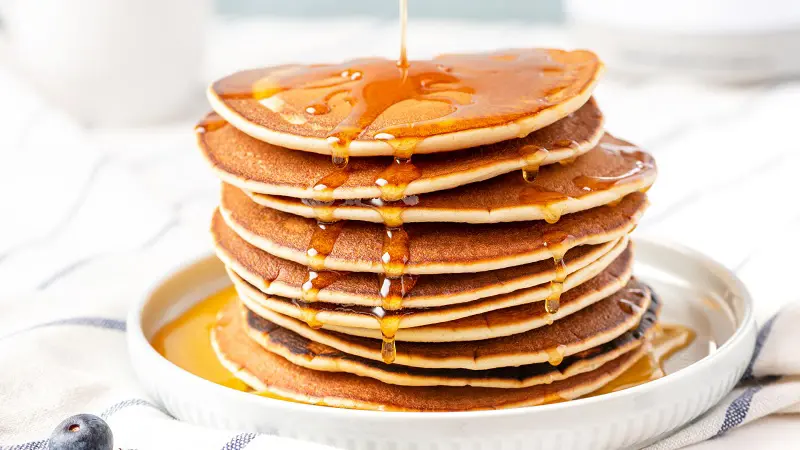
-
Choose Pure Maple Syrup: Ensure you are buying 100% pure maple syrup, not maple-flavored syrups that contain additives and high fructose corn syrup.
-
Moderation is Key: Despite its health benefits, maple syrup is high in sugar and calories, so it should be consumed in moderation.
-
Storage: Maple syrup should be stored in a cool, dark place and refrigerated after opening to maintain its quality.
-
Grades of Maple Syrup: Maple syrup is categorized into different grades based on color and flavor. Grade A (Light, Medium, and Dark Amber) is commonly used for table syrup, while Grade B is darker and has a stronger flavor, often used in cooking and baking.
-
Sustainable Production: Maple syrup production is a sustainable practice that can support forest conservation and local economies.
-
Versatile Ingredient: Maple syrup can be used in various recipes, from sweet to savory dishes, adding a unique flavor and nutritional boost.
Healthy Recipes Using Maple Syrup
-
Maple-Glazed Salmon
- Ingredients: 4 salmon fillets, 1/4 cup maple syrup, 2 tablespoons soy sauce, 1 tablespoon minced garlic, 1 teaspoon lemon juice.
- Instructions: Mix maple syrup, soy sauce, garlic, and lemon juice. Marinate salmon for 30 minutes. Preheat oven to 400°F (200°C). Place salmon on a baking sheet and bake for 20 minutes.
-
Maple Oatmeal
- Ingredients: 1 cup rolled oats, 2 cups water or milk, 2 tablespoons maple syrup, 1/4 teaspoon cinnamon, fresh fruits for topping.
- Instructions: Cook oats in water or milk. Stir in maple syrup and cinnamon. Top with fresh fruits and serve.
-
Maple Roasted Vegetables
- Ingredients: 4 cups mixed vegetables (carrots, Brussels sprouts, sweet potatoes), 2 tablespoons olive oil, 2 tablespoons maple syrup, salt and pepper to taste.
- Instructions: Preheat oven to 425°F (220°C). Toss vegetables with olive oil, maple syrup, salt, and pepper. Roast for 25-30 minutes.
-
Maple Yogurt Parfait
- Ingredients: 1 cup Greek yogurt, 2 tablespoons maple syrup, 1/2 cup granola, fresh berries.
- Instructions: Layer yogurt, granola, and berries in a glass. Drizzle with maple syrup.
-
Maple Banana Bread
- Ingredients: 3 ripe bananas, 1/3 cup melted butter, 1/2 cup maple syrup, 1 egg, 1 teaspoon vanilla extract, 1 teaspoon baking soda, pinch of salt, 1 1/2 cups all-purpose flour.
- Instructions: Preheat oven to 350°F (175°C). Mash bananas and mix with butter, maple syrup, egg, and vanilla. Stir in baking soda, salt, and flour. Pour into a greased loaf pan and bake for 60 minutes.
Frequently Asked Questions (FAQs)
-
Is maple syrup healthier than honey?
- Both maple syrup and honey have health benefits, but maple syrup has a lower glycemic index and contains more minerals, making it a slightly healthier option in moderation.
-
Can diabetics consume maple syrup?
- Diabetics should consume maple syrup in moderation and consult with their healthcare provider, as it still contains sugar and can affect blood sugar levels.
-
How can I tell if my maple syrup is pure?
- Look for labels that indicate "100% pure maple syrup." Avoid products labeled as "maple-flavored syrup" or "pancake syrup," which often contain additives and high fructose corn syrup.
-
Can I use maple syrup as a sugar substitute in baking?
- Yes, maple syrup can be used as a substitute for sugar in baking. Use 3/4 cup of maple syrup for every cup of sugar, and reduce other liquids in the recipe by 1/4 cup.
-
What are the different grades of maple syrup, and which one should I use?
- Maple syrup is graded based on color and flavor. Grade A is light and suitable for table syrup, while Grade B is darker and stronger, ideal for cooking and baking. Choose based on your preference and recipe needs.
